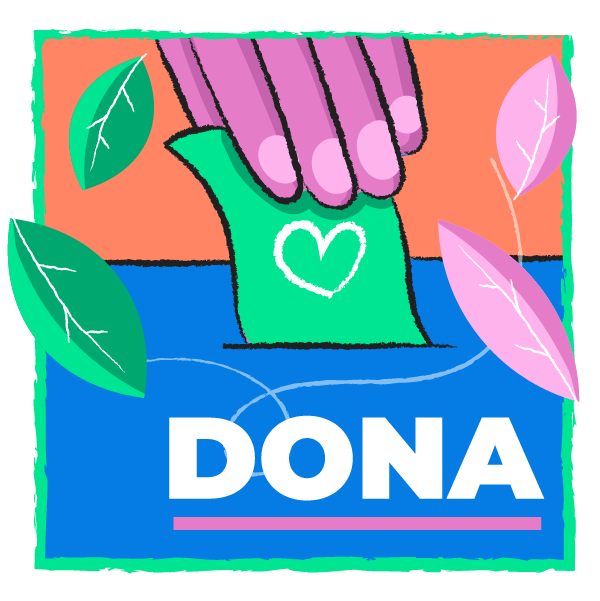
From October 5th to October 7th, 2023, the 2nd “On The Right Track” Latin-American Forum was held in Santiago, Chile. The event brought over 60 activists from 13 Latin American countries together to organize themselves, enhance their strategies, and defend democracies and human rights throughout the continent.
The interregional democratic alliance “On The Right Track” (OTRT) was formed in order to strengthen social movements and organizations that work to defend human rights and democracy, in the face of the advancement of anti-rights, conservative, and far-right movements. Four years later this alliance continues to grow and create new ways for social movements to articulate throughout Latin America. This was the central theme of the 2nd “On The Right Track” Latin-American Forum, held in Chile between October 5th and 7th, 2023.
Organized by the Latin American Coordination of OTRT – made up of Fondo Alquimia and Fondo Lunaria – the event brought together upwards of 60 activists from Mexico, Honduras, El Salvador, Panama, Costa Rica, Colombia, Brazil, Uruguay, Paraguay, Peru, Bolivia, Argentina and Chile. The event paved the way to strengthen ties between organizations, and reaffirm collective action in defence of democracies and human rights in our continent and in the world.
Strategies for action from Latin America
Grouping (“acuerpamiento”) is a response born from the need for organizations to respond to the threat of fundamentalist aggression. It entails the defence of life and the human rights of everyone, in an organized manner throughout the territories, preserving joy without shedding rightful indignation.
Along these lines, the Grouping unit has focused on paving roads to tend to activists’ different contexts and struggles: “Grouping allows us to provide political energy for ourselves, in order to confront injustice. We are here to unite, weaving together our causes and actions to build increasingly stronger collective processes,” said Doris Quiñimil, the unit’s coordinator.
The Research unit has focused on the mapping of emerging and ongoing trans-exclusionary discourses, understanding that these fundamentalistic narratives can trace their origin to our very movements. "We recognize this, and that opens up many questions and reflection processes we must undergo, for we are not only facing threats from the outside but also from within", explains Silvestre Barragán, trans activist and coordinator of the unit.
Additionally, employing methodologies of the ‘Theatre of the Oppressed’, the group made up mainly of trans and non-binary people also covered key topics of sexual and gender minority activism in their discussions, such as sex-work and discrimination.
![]()
For its part, the Antiracism unit has worked on the construction of antiracist and decolonial narratives, ranging from music, poetry and performances, to the creation of an antiracist protocol for organizations and human rights defenders. “Music and poems are a bridge through which to carry the message; here, shall see how we are going cross that bridge together,” said Jessica Murillo, Afro-Colombian activist and coordinator of the group.
The Communications group has worked on the creation of tools that allow organizations and movements to make their own increasingly inclusive and engaging media, in order to break through the communication barrier and deliver their message to ever larger audiences. “Ultimately, it is about enabling conditions for organizations to fully take advantage of and engage in the public space, and dispute the notion of ‘common sense’, which nowadays has been appropriated by the far-right discourse,” says Victoria Viñals, Communications Coordinator for Latin America at OTRT.
The Communications group created a video and a song that summarize the learnings of this process, and provides guidance on how to create communications and media that are effective in the defence of human rights.
Rooted in memory
As a part of the Forum’s activities, the activists took a tour of the National Stadium, the largest detention and torture centre during the civic-military dictatorship that ruled Chile from 1973 to 1990.
The visit took place at the same time as preparation work was being done for the Pan American Games, and was directed by Luis Humberto Silva, member of the Corporation of former political prisoners of the National Stadium, “National Memory”. We visited most of the 10 memorial sites that the Stadium has, including corridors and dressing rooms, the stands, and the women's dressing room, where the activists from the Forum performed an act led by Sara Mandujano, OTRT’s Technical Coordinator for Latin America.
“We asked the activists take a piece of cloth, and write on it that which they never wanted to happen again in their territories. These cloths plus statements of “NEVER AGAIN” were hanged in the dressing room where so many women were imprisoned during the dictatorship. And there, we all swore: Never again dictatorships; Never again executed people; Never again missing people; Never again political sexual violence; and so many other ‘Never agains’” Sara explained.
Braiding a future for everyone
The Forum finalized with collective spaces in which each group would share their work, experiences and learning with others. In addition to this, a braid was made in which everyone placed their ideas and suggestions in order to continue strengthening the organizations and their strategies, to join forces and work together from Latin America, and in interregional coordination with the OTRT organizations in Europe.
As the organizers explained: “The braid is path, and at the same time a means to be coordinated throughout our region. So that, when someone raises their hand, a network can be articulated – a response that allows us to confront injustices through collective action.”







